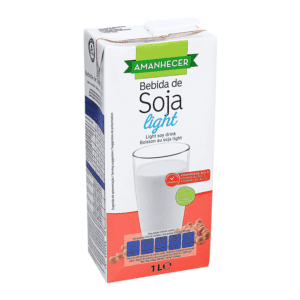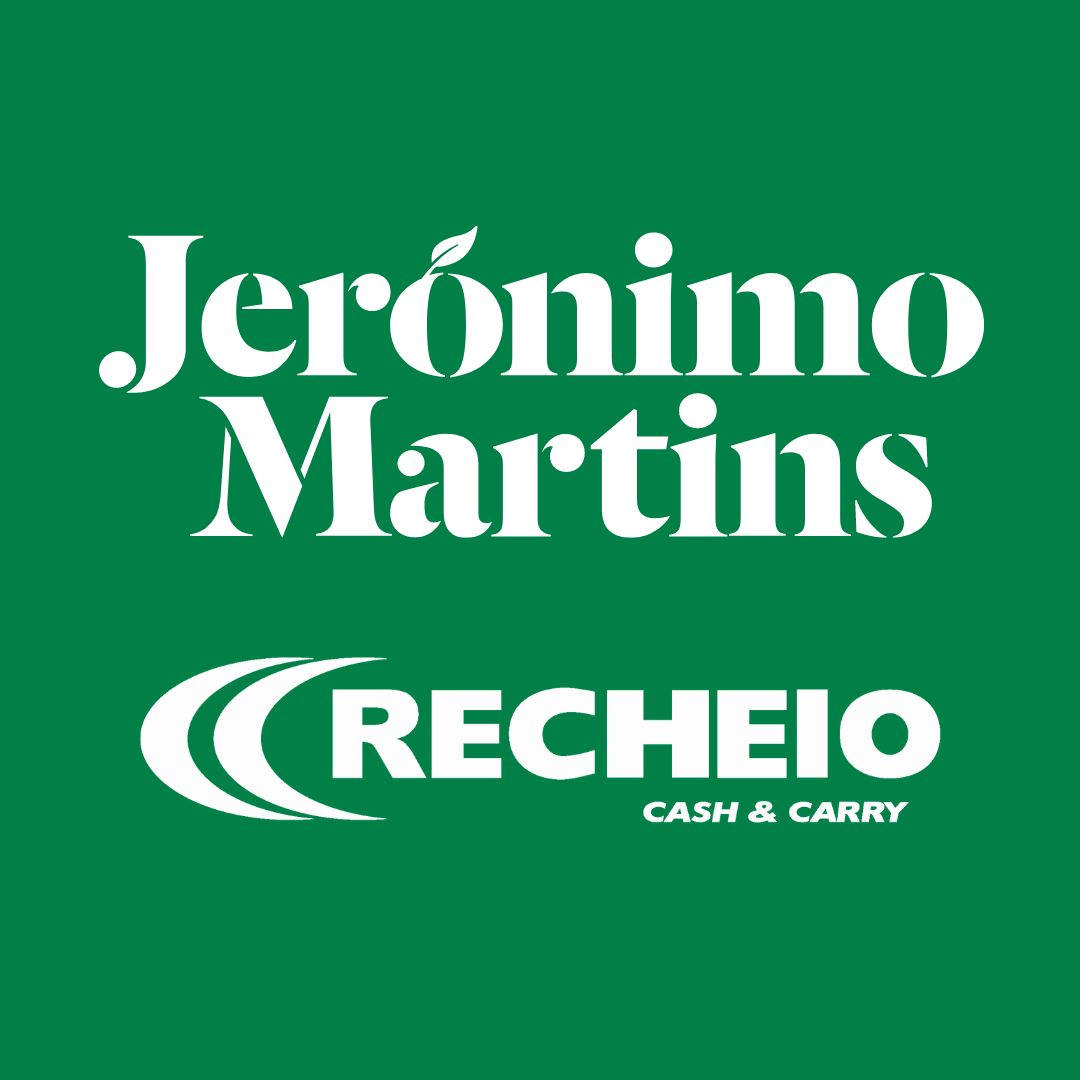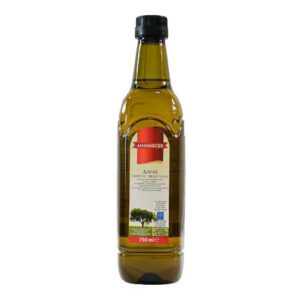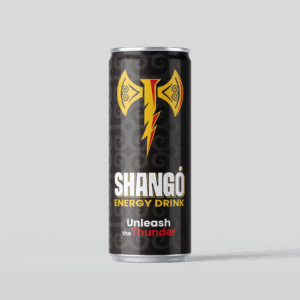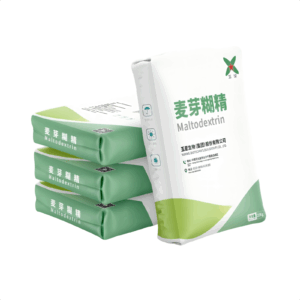
Top 10 Spirits Companies Shaping the Global Market
The spirits industry is one of the most dynamic and expansive segments of the global beverage market, offering a diverse array of alcoholic beverages such as whiskey, vodka, gin, tequila, rum, and liqueurs. In 2022, the industry was valued at approximately $484.4 billion and is projected to reach $750 billion by 2030, growing at a robust CAGR of 7.58%. This growth is fueled by the increasing popularity of premium and craft spirits, the rise of cocktail culture, and expanding demand in emerging markets like Asia-Pacific and Latin America.
With over 26 billion liters of spirits consumed annually, the global market is influenced by trends that include premiumization, sustainability, and the growing appeal of experiential marketing. Countries like China, the United States, and India are key drivers of volume and revenue, with significant contributions from high-growth categories such as tequila, single-malt whiskey, and low-alcohol spirits.
However, the industry is not without challenges. Rising taxation and regulation, evolving consumer preferences toward health-conscious options, and the environmental impact of spirits production demand innovation and adaptability. Leading spirits companies are responding by investing in sustainable practices, expanding their digital presence, and diversifying their portfolios to include low- and no-alcohol options.

- Kweichow Moutai Co., Ltd.
- Headquarters: Maotai Town, Guizhou, China
- Notable Brands: Moutai Baijiu
- Why It Stands Out:
Kweichow Moutai is the world’s most valuable spirits company, renowned for its premium Baijiu. It holds a dominant position in the Chinese market and is gaining recognition internationally. - Key Innovations:
Investments in heritage preservation and the development of high-end, collectible spirits.
- Diageo plc
- Headquarters: London, United Kingdom
- Notable Brands: Johnnie Walker, Tanqueray, Smirnoff, Guinness
- Why It Stands Out:
Diageo is a global leader in spirits and beer, with a portfolio that includes some of the world’s most iconic alcohol brands. Its commitment to innovation and sustainability has solidified its position at the forefront of the industry. - Key Innovations:
Smart bar technology, carbon-neutral distilleries, and a robust digital engagement strategy.
- Pernod Ricard
- Headquarters: Paris, France
- Notable Brands: Absolut Vodka, Jameson, Chivas Regal, Havana Club
- Why It Stands Out:
Pernod Ricard excels in premium and super-premium spirits, with a strong focus on innovation and sustainability. It operates in over 160 countries. - Key Innovations:
Launch of low-alcohol and eco-friendly spirits, and significant investment in the digitalization of consumer experiences.
- Beam Suntory
- Headquarters: Chicago, Illinois, USA, and Osaka, Japan
- Notable Brands: Jim Beam, Maker’s Mark, Yamazaki, Roku Gin
- Why It Stands Out:
Beam Suntory merges the best of American and Japanese craftsmanship, delivering a wide range of high-quality spirits. It is known for innovation in whiskey and gin. - Key Innovations:
A focus on craft products and sustainable distillation practices.
- Bacardi Limited
- Headquarters: Hamilton, Bermuda
- Notable Brands: Bacardi Rum, Grey Goose, Bombay Sapphire
- Why It Stands Out:
As the largest privately-held spirits company, Bacardi combines tradition with a modern approach to branding and production. - Key Innovations:
Expansion into ready-to-drink cocktails and a focus on reducing carbon emissions across its facilities.
- Brown-Forman Corporation
- Headquarters: Louisville, Kentucky, USA
- Notable Brands: Jack Daniel’s, Woodford Reserve, Old Forester
- Why It Stands Out:
Known for its dominance in the whiskey market, Brown-Forman continues to build on its strong legacy while exploring new categories like tequila. - Key Innovations:
Investments in barrel innovation for unique flavor profiles and water conservation in distilling.
- Rémy Cointreau
- Headquarters: Cognac, France
- Notable Brands: Rémy Martin, Cointreau, Mount Gay Rum
- Why It Stands Out:
Rémy Cointreau focuses on luxury spirits with a dedication to craftsmanship and heritage. Its cognacs and liqueurs are renowned worldwide. - Key Innovations:
Expansion of organic and biodynamic vineyards and the launch of ultra-premium spirits.
- Constellation Brands
- Headquarters: Victor, New York, USA
- Notable Brands: Casa Noble Tequila, High West Whiskey
- Why It Stands Out:
Constellation Brands is a major player in the North American market, with a diverse portfolio spanning spirits, beer, and wine. - Key Innovations:
Investments in craft tequila and whiskey, as well as ventures into cannabis-infused beverages.
- Campari Group
- Headquarters: Milan, Italy
- Notable Brands: Campari, Aperol, Wild Turkey
- Why It Stands Out:
Campari Group excels in bitters and aperitifs, capturing the cocktail culture trend. Its strong branding and marketing strategies have made its products globally recognizable. - Key Innovations:
Development of ready-to-drink aperitifs and low-alcohol options to align with market trends.
- Edrington Group
- Headquarters: Glasgow, Scotland
- Notable Brands: The Macallan, Highland Park, The Famous Grouse
- Why It Stands Out:
Specializing in Scotch whisky, Edrington Group is known for its premium offerings and commitment to quality. - Key Innovations:
Introduction of exclusive, limited-edition whiskies and focus on sustainable packaging.
Key Trends in the Spirits Industry
- Premiumization and Craftsmanship
- Consumers are increasingly seeking high-quality, craft spirits that offer unique flavors and experiences. The demand for single-origin, small-batch, and aged products continues to rise, particularly in whiskey, tequila, and gin categories.
- Health-Conscious Consumption
- There is a growing trend toward low-alcohol and no-alcohol options. Functional spirits infused with botanicals or wellness-enhancing ingredients are gaining popularity, catering to health-conscious consumers.
- Sustainability Initiatives
- Environmental concerns are reshaping the spirits industry. Companies are adopting sustainable practices such as water conservation, renewable energy use, and eco-friendly packaging. Brands like Diageo and Pernod Ricard are leading the charge in carbon-neutral distilleries.
- Growth in E-Commerce and Digital Engagement
- The rise of online retail has transformed how consumers purchase spirits. Direct-to-consumer platforms and virtual tasting experiences are now integral to marketing strategies.
- Cocktail Culture
- The global cocktail trend has driven demand for versatile spirits like vodka, rum, and gin. Ready-to-drink (RTD) cocktails and mixers are booming, offering convenience without sacrificing quality.
- Expansion into Emerging Markets
- Rapid urbanization and rising disposable incomes in markets like China, India, and Brazil have created significant growth opportunities for global spirits brands. Localized flavors and culturally relevant marketing are becoming crucial strategies.
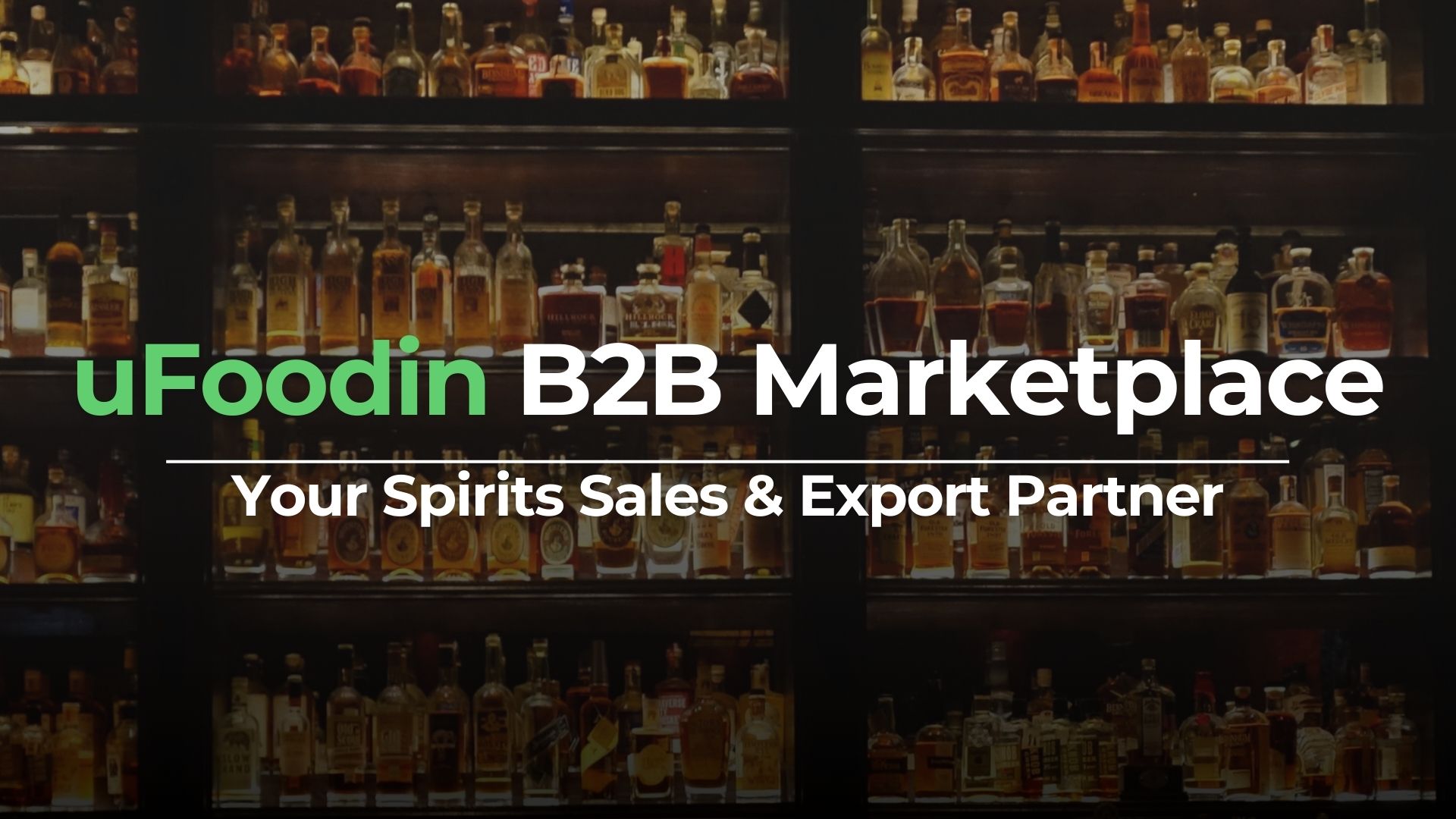
Major Challenges in the Spirits Industry
- Regulatory and Taxation Pressures
- Governments are increasing taxes on alcoholic beverages to discourage excessive consumption, impacting profitability.
- Changing Consumer Preferences
- The rise of health-conscious consumers has led to a demand for low-alcohol and no-alcohol options, challenging traditional spirit categories.
- Sustainability Pressures
- Spirits production often requires significant water and energy resources, creating environmental challenges.
- Competition from Craft Producers
- Small-scale, craft distilleries are growing in popularity, offering unique flavors and local appeal.
- Global Supply Chain Disruptions
- Issues like rising raw material costs and transportation delays impact production and distribution.
The global spirits market continues to grow and evolve, driven by premiumization, health-conscious consumption, and digital transformation. Companies like Diageo, Pernod Ricard, and Kweichow Moutai lead the way by balancing tradition with innovation, ensuring their relevance in a competitive industry.
Platforms like uFoodin provide valuable opportunities for spirits companies to connect with buyers, distributors, and industry experts, facilitating collaborations and showcasing new trends. By staying aligned with consumer preferences and addressing global challenges, these companies remain at the forefront of a dynamic and exciting market.
uFoodin Editorial Team
Bibliography
- Fortune Business Insights: Global Spirits Market Overview
- Statista: Spirits Industry Revenue and Consumption Data
- Company Reports: Diageo, Pernod Ricard, Bacardi, Rémy Cointreau
- Industry Publications: Trends in Premiumization and Sustainability in Spirits
- uFoodin Official Website



